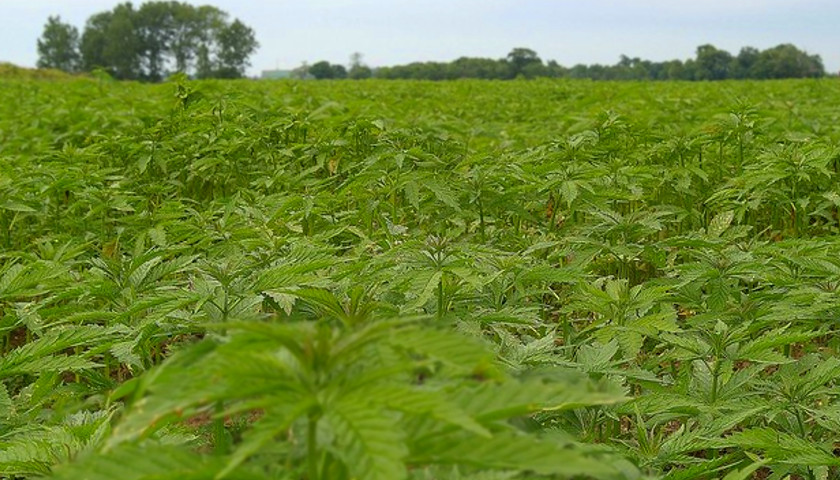As the Ohio Senate considers legalizing hemp and hemp byproducts in the Buckeye State, the Ohio Department of Health, along with the Food and Drug Administration (FDA), is simultaneously cracking down on any form of sale of the substance. Currently, hemp is trapped in a complicated legal limbo and while state legalization will alleviate many of the issues, the future is still opaque for the controversial drug.
On February 20th, Senate Bill 57 (SB 57) was officially introduced. The bill would not simply legalize the sale of hemp and hemp related products, but also legalize:
Possess, buy, or sell hemp or a hemp product;
Process hemp into a hemp product, including by the addition of one or more cannabinoids derived from hemp,including cannabidiol, to a product to produce a hemp product;
Conduct agricultural, academic, or any other research involving hemp or hemp products.
Notwithstanding any other provision of the Revised Code to the contrary, the addition of hemp or cannabinoids derived from hemp, including cannabidiol, to any product does not adulterate that product.
The specific types of products include:
…any product made with hemp, including cosmetics, personal care products, dietary supplements or food intended for animal or human consumption, cloth, cordage, fiber, fuel, paint, paper, particleboard, and any product containing one or more cannabinoids derived from hemp, including cannabidiol.
On March 13th, multiple hemp advocates testified before the Ohio Agriculture and Natural Resources Committee, testifying to the importance of legalization. Prominently featured were multiple farmers and hemp farming advocates who, despite some concerns with the legal protections of the bill, all saw the development of hemp as a positive for their respective farming communities.
In the same time period, the Ohio Department of Health launched an extensive crackdown on stores and restaurants selling CBD Oil. Store owners across the state received ultimatums, warning them that, should the continue to sell CBD Oil, they would could face federal fines and prosecution. Some owners had their products physically seized from their stores, confusing many who thought the substance was legal.
The 2018 Farm Bill, passed with bipartisan support, legalized the production of industrial hemp. This is the primary source of CBD Oil. Hemp producers immediately jumped into producing the substance. Though products containing THC cannot cross state lines, THC products derived from hemp face no similar restriction. Supporting the bill, the Drug Enforcement Agency DEA removed CBD as a Schedule 1 narcotic. As a result, it is no longer considered among the most dangerous of drug products. While CBD seemed poised for national expansion, the Food and Drug Administration (FDA) still has the authority to regulate the sale of CBD and have aggressively stepped up efforts to clamp down on its sale. In late 2016, the situation became so confusing that the Ohio Department of Health had to release a statement clarifying the illegal status CBD oil.
The bill is still in committee and, until such time as the laws are clarified, farmers and retailers will continue to be at risk of criminal prosecution should the develop CBD Oil
– – –
Andrew Shirley is a reporter at Battleground State News and The Ohio Star. Send tips to [email protected].





